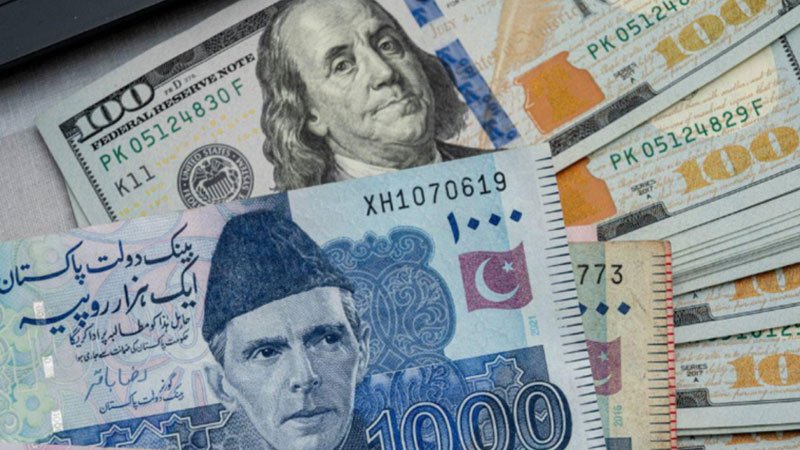
International Investors Back Pakistan’s Economic Revamp
On May 9, Pakistan announced that its plans for economic reforms and structural changes have received favorable feedback from international investors, leading several key companies to show increased interest in the nation’s fiscal products. This development comes after a high-level meeting held in London involving Pakistan’s Finance Minister Muhammad Aurangzeb alongside prominent global financiers such as Oliver Williams of Amundi and Maud Le Moine at Lion’s Head Global Partners. During these talks, they addressed topics like Pakistan’s current economic forecast, ongoing restructuring efforts, and prospective avenues for investments.
Aurangzeb underscored Pakistan’s continuous shift in its economy, stressing that the nation welcomes businesses and offers investment prospects with significant impact, scalability, and reliability. He updated listeners about Pakistan’s initiative to launch a Panda bond within their debt management approach and detailed forthcoming actions laid out in the Medium-Term Debt Management Strategy (MTDS). Additionally, he discussed current initiatives such as pension reform along with preparations for issuing an Environmental, Social, and Governance (ESG) bond by 2026.
One of the globe’s leading asset management firms, Amundi, has restated its commitment to investing in Pakistan’s sovereign debt and environmentally and socially responsible projects. Oliver Williams, who manages fixed income portfolios for emerging markets at Amundi, showed considerable enthusiasm about Pakistan’s forthcoming bond sale. Additionally, consultancy firm Lion’s Head Global Partners pledged to provide specialized assistance aimed at enhancing Pakistan’s communication strategies with investors as well as boosting interactions related to credit ratings.
Aurangzeb also gave an update on Pakistan’s economic rebound, pointing out notable successes including a primary budget surplus of Rs3.6 trillion, a current account surplus, a drop in inflation to 0.3% in April 2025, and a decline in the debt-to-GDP ratio from 75% to 65%. He mentioned these favorable signs have not just helped stabilize the economy but have also resulted in better sovereign credit ratings, enhancing trust among both multilateral and bilateral allies.
Share this content:




















Post Comment